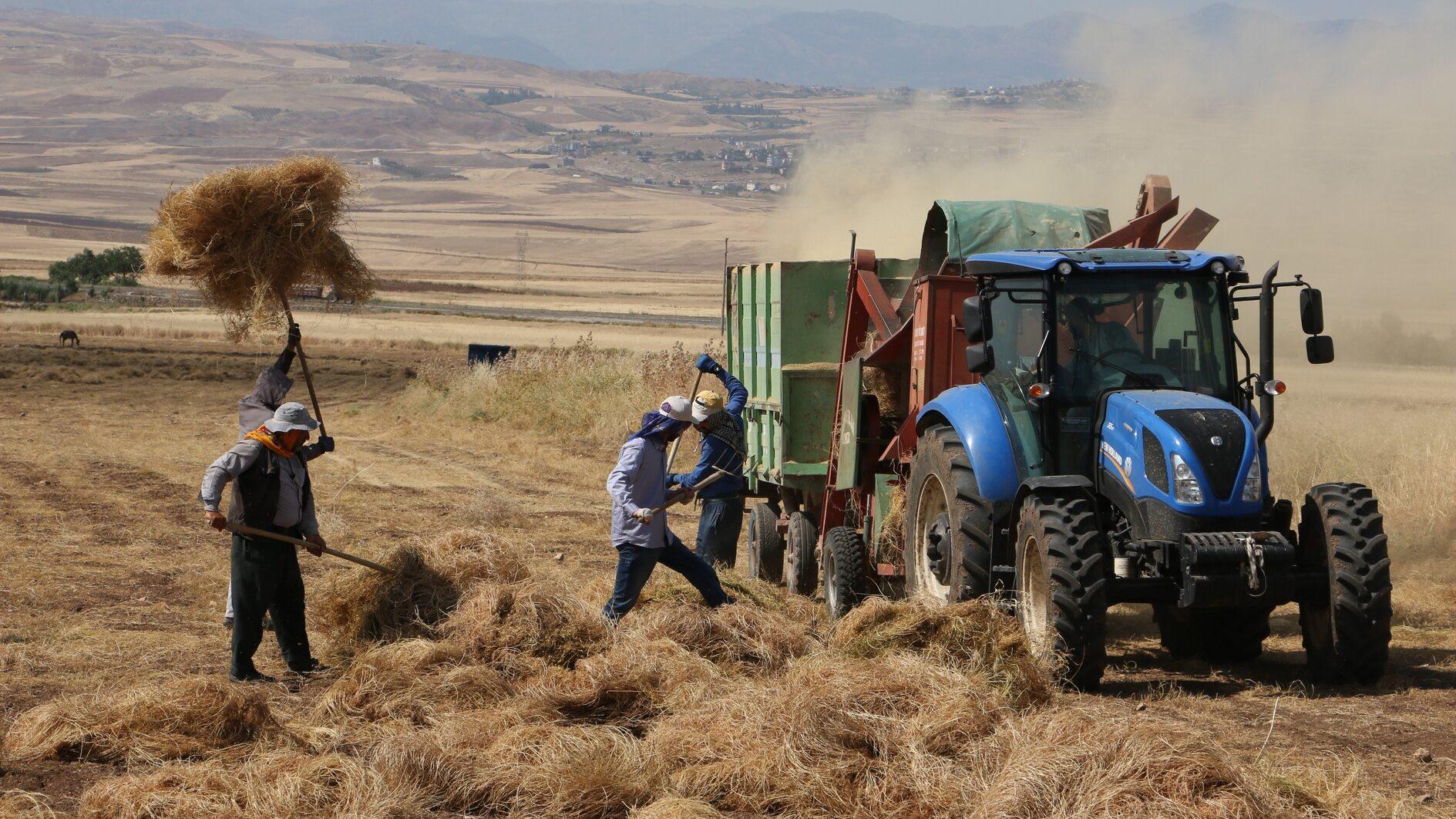
Türkiye may become a new hub for coffee cultivation as climate change creates conditions more akin to tropical climates in certain regions of the country, an expert has suggested.
Vural Gökmen, a faculty member at Hacettepe University’s Department of Food Engineering, highlighted that Türkiye’s diverse agricultural zones, such as the Eastern Black Sea region and the Çukurova region in the south may soon offer the right climatic conditions for coffee production.
“We know that subtropical fruits grow in specific regions such as the Eastern Black Sea. Therefore, climatic conditions may allow for the establishment of coffee plantations in both the southern and northern zones of Türkiye,” he said.
Türkiye’s potential to emerge as a coffee-growing nation comes at a time when traditional coffee-producing countries face mounting challenges due to climate change.
Gökmen noted that the world’s major coffee producers — Brazil, Vietnam, Colombia, Indonesia and Ethiopia — together account for about 70 percent of global production.
However, rising temperatures and irregular weather events are increasingly threatening these regions, particularly those cultivating Arabica coffee.
Arabica coffee, which thrives in temperatures between 18 and 24 degrees Celsius and higher altitudes, and Robusta, which prefers 22-28 degrees Celsius and lower altitudes, are both highly dependent on consistent rainfall and stable temperatures.
“Climate zones with minimal temperature fluctuations between day and night or summer and winter are ideal for coffee. Irregular weather patterns, such as droughts followed by floods, are already causing erosion of fertile soils and reducing yield and quality,” Gökmen emphasized.
He warned that global warming could shift the regions suitable for coffee cultivation, with Arabica moving to northern latitudes and Robusta potentially replacing it. “If the average annual temperature increases by even a few degrees, coffee may no longer grow in regions where it currently thrives,” he said.
Furthermore, the emergence of harmful pests and diseases, such as coffee leaf rust, poses additional risks. Gökmen stressed the importance of developing sustainable agricultural practices, cautioning against the excessive use of pesticides while tackling these threats.
By 2025, coffee-growing areas in key producing countries could shrink by 50 percent, prompting a shift in production to new regions such as South Africa, China and New Zealand — and possibly Türkiye.